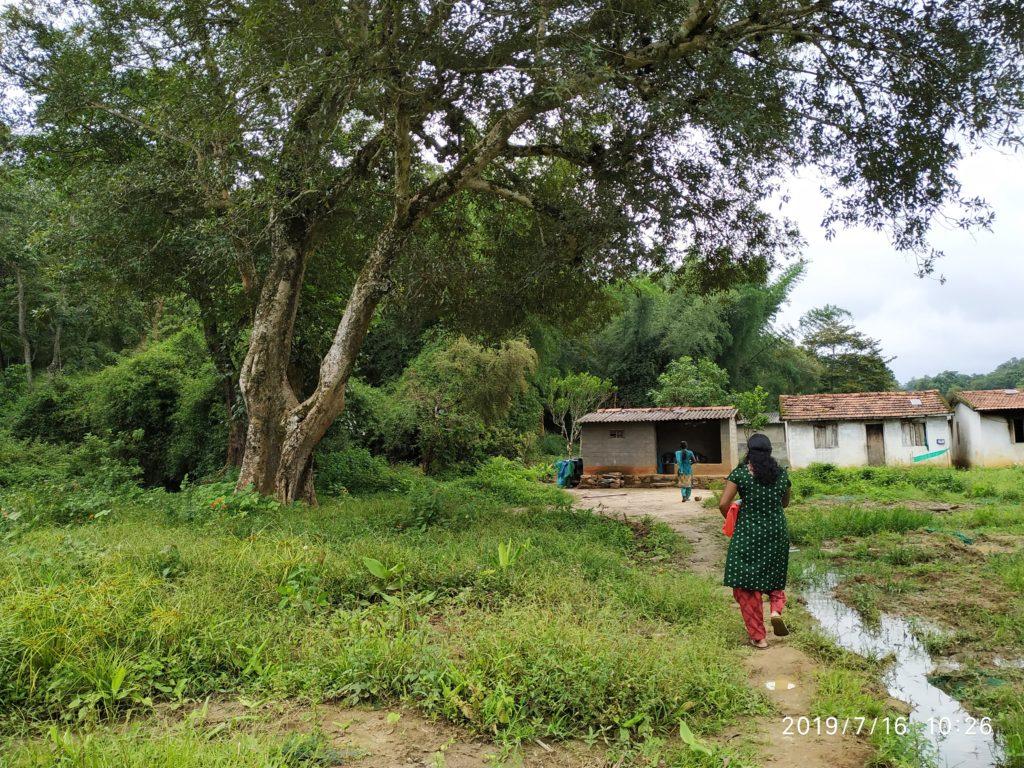
Accredited Social Health Activists (ASHAs) in India, who are women, act as a conduit between the healthcare system and the community. Multiple academic and popular writings have highlighted their significant work during the COVID-19 pandemic under dire circumstances amidst immense threats to their safety and lives. The existing literature addresses the challenges they encounter in meeting the healthcare system’s programmatic “targets” with minimum support. Although designated as “health activists”, the system almost exclusively uses them as passive agents assigned to fulfil “targets” guided by the “new public management practices” of neoliberal governance. Irregular incentivization disproportionate to their work and unrealistic work expectations have compelled the ASHAs to organize and fight for their rights across multiple states in India.
The recent emphasis on digitization on various platforms, including during India’s G20 presidency, has implications for healthcare in the country. While the focus on digital documentation appears well-intentioned, assigning ASHAs to document and maintain records on digital platforms is another addition to the already long list of unrealistic expectations. They are compelled to put in a significant amount of time in maintaining the data infrastructures, particularly in data entry, significantly increasing their workload. While the roles and responsibilities of ASHAs have evolved, they are not adequately equipped, trained or supported to steer digital platforms, resulting in repeated failures, fatigue, and disappointment. The time and efforts spent on this demanding work have reportedly reduced the quality of interaction of ASHAs with community members, with implications for their routine work. Digitization, as an initiative supposedly meant to aid their work, is thus in many cases disempowering them. This disempowerment could be partly explained by the “limbo space” an ASHA occupies, as she is neither a worker nor an activist. However, it is also indicative of an undervaluation of their labour. The disposability and undervaluation of women’s labour have been extensively documented in the literature, where their roles as “carers” and “nurturers” make their fundamental rights as labourers invisible. Such undervaluation is evident from policies/initiatives such as the Maternal and Child Health Tracking System (MCTS) and Information Communication Technology-Continuum of Care Service (ICT-CCS), which are oblivious to the ASHAs’ ground realities and keep piling “tasks” upon them.
The plight of community health workers (CHWs) has been acknowledged by the WHO (and others) in its 2018 guidelines to optimize health worker programmes, which advocate for prioritizing their labour rights. The guidelines recommend remunerating practising CHWs for their work with a financial package that is commensurate with their work and a written agreement about their roles and responsibilities, working conditions, remuneration, and rights. Another recommendation is to enable effective work documentation by minimizing the reporting burden, if required, through relevant mobile health solutions. However, neither the guidance document nor the recommendations are drafted from a human or labour rights framework; instead, they start from the need to provide evidence-based guidance to “optimize the performance and impact of health workers”.
While the intersection of gender with caste, class, geography, and ethnicity in ASHAs’ exploitation is discussed to some extent, the role of the larger political economy in the “making” of ASHAs as precarious labourers remains understudied or perhaps this dimension is intentionally ignored! There are isolated interventions – providing them with technical support, supportive supervision, and even insurance coverage – to improve their “performance”; however, there are hardly any efforts towards improving the quality of their employment. Their assigned “voluntariness” precludes any discussion on employment quality and labour rights simply because they are not “employees”. As indispensable cogs of the healthcare system and their communities, it is imperative that we critically enquire how neoliberal economic policies create and sustain the precarious labour of India’s ASHAs while they navigate the ambitious corridors of digitalization in healthcare.
